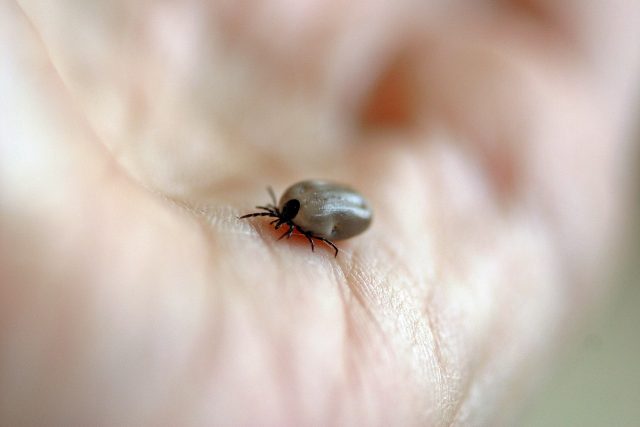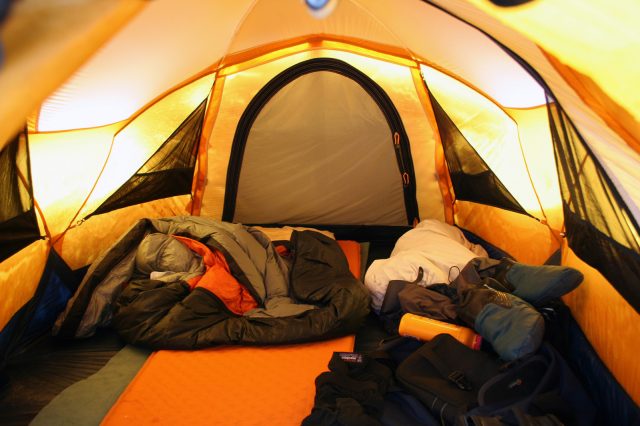Protect Yourself Against Bugs in the Wild with These Simple Tricks

Peaceful and calm it may be, but the wilderness is not always friendly place for us humans, when it comes to the natural environment there are potential enemies lurking around every corner, and sickness, even death could result if one is we’re not aware of our surroundings. Hugely overlooked and often underestimated the creepy crawlies and bugs need to be watched out for. These occupants of the wilderness can be vicious, tenacious and sometimes even fatal for intruders i.e. us humans. Following is the list of some very fundamental precautions we must keep in mind before heading into the wilds.
Timing is Crucial
Keep in mind that bugs and insects are not active the whole year, they have cycles of appearing and disappearing while they hibernate or even die out, and there’s a new hatching for the next year, so choosing the right time for your outdoor adventure is really important, unless of course your aim is to get familiar with a variety of bugs and all that entails.
Wear Protection wherever needed
A bit of common sense goes a long way; make sure you adequately protect yourself. Start with your clothing; it is understandable that the first choice for a warm camping trip is shorts and a t-shirt but that’s not a good combination if there are blood-suckers about such as mosquitoes, ticks and other insects that can carry diseases.
Cover your arms and legs and any other areas where it’s practical, use mesh nets to cover your face if needed, you can even buy full midge or mosquito proof suits

Take Shelter
Despite the deceptive invitation of the nature to look welcoming, always take some time out of your busy trekking schedule to build a reasonably safe shelter or at least site your tent in the right spot. Ideally, you must carry a tent or tarp with you that can provide you ample protection from swarms of uninvited buggy guests. Always be prepared to customize your shelter according to the nature of terrain or any changes that may occur.

Choosing a Campsite
Experienced and successful wilderness enthusiasts start their adventure by meticulously selecting an ideal campsite that can serve the purpose of shelter from the elements as well as any big and small predators that might be lurking in the wild. Be careful that you’re not close to stagnant water, and if possible you are sited where there’s a breeze, if not a smudge fire might be of help, also keep a clean campsite, every little helps.
Dawn and Dusk to be avoided
Once you have established a base camp, the ideal time for you to leave the safety of your shelter is anytime other than dusk and dawn. Many insects are particularly active around these times, and they will make the most of any opportunity to feast on you, so if you wish to avoid painful encounters and maybe subsequent episodes of illness and fever, try to avoid these times of the day.
Bug Spray
Obviously, a great option would be to carry a small bottle of bug spray in your on you, believe me, a little can of bug spray will prove to be a life saver in case you become a target for the bugs and flies. There are a variety of sprays out there; make sure you read the label and pick the one that’s best for the environment you’re going into, having DEET as an ingredient is very common for strong insect repellants.
